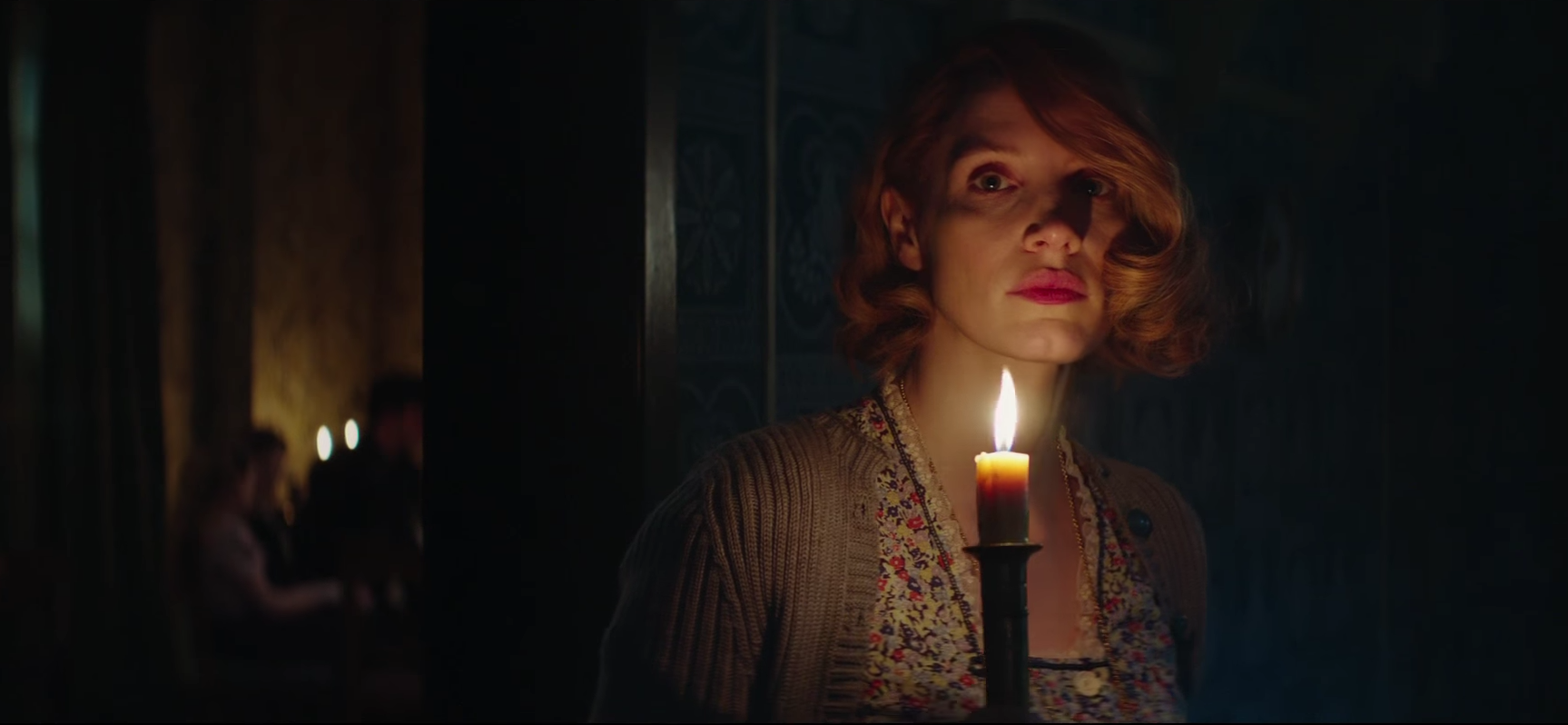Director Niki Caro’s The Zookeeper’s Wife attempts to tie in a heroic Polish couple’s experiences — and their gushiest moments — with Nazi barbarism. While the film succeeds in celebrating the courageous efforts of that brave couple, the Żabińskis, it fails to find a balance between sadness, shock and satisfaction. In turn, it ends up feeling like a stock war movie.
The Zookeeper’s Wife depicts the remarkable story of Antonina and Jan Żabiński as they frantically attempt to save more than 300 Polish Jews. The story is told from Antonina’s point of view, a move Caro said was a part of creating a “consciously feminine” film. Antonina, played by Jessica Chastain, is a devoted wife whose affable nature is solidified at the film’s beginning; Antonina’s first scenes show her interrupting her own party to deliver a baby elephant. As fellow party attendees watch their bubbly host handle the gory and grimy delivery with such grace, it becomes clear that Antonina’s definition of family extends to the animals she cares for.
As the war progresses, Antonina watches German zoologist Lutz Heck, played by Daniel Brühl, take most of her beloved animals away. Heck provides both Antonina and her husband Jan — played by Johan Heldenbergh — with a false sense of security because the couple lives in relative safety. However, the couple soon grows defiant after Jan, who drives in out of ghettos to collect waste to feed his pigs, impulsively sneaks a young girl into his truck, triggering a chain of events that leads to a basement full of Polish Jews.
The film is nearly devoid of war sequences, forcing the experiences of Antonina and the Jews she cares for to take center stage. Caro’s push to create a feminine Holocaust film would have been much more powerful if the actual Holocaust victims involved were not reduced to oblique background characters creeping in and out of the shadows only when called on. Watching these characters have such a small role in their own suffering felt like an injustice, and as the film plot progressed, it gravitated toward a much more synthetic feel.
The film captures the beauty of nature. But while watching the delicate Antonina playfully interact with lethal animals is entertaining at first, the film’s focus soon moves away from the animals and onto real people — at which point The Zookeeper’s Wife loses the ability to stir up genuine emotion.
One scene hints at a young child’s death, but lacks suspense. For a film depicting such a gruesome act of history, gut-wrenching details that capture the Holocaust’s true nature were surprisingly absent.
The Żabińskis’ humanitarian efforts should of course be revered. But even their courageous story does little to allow the film rise above the banalities of its script.




